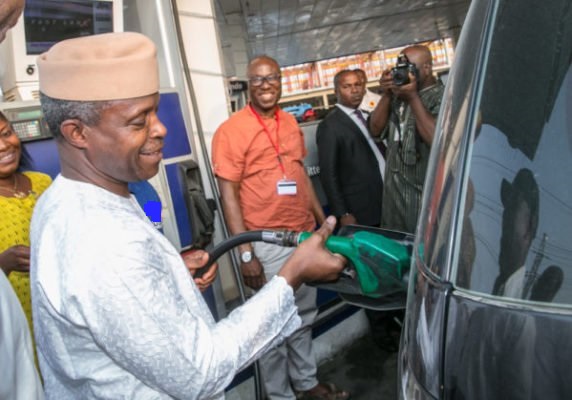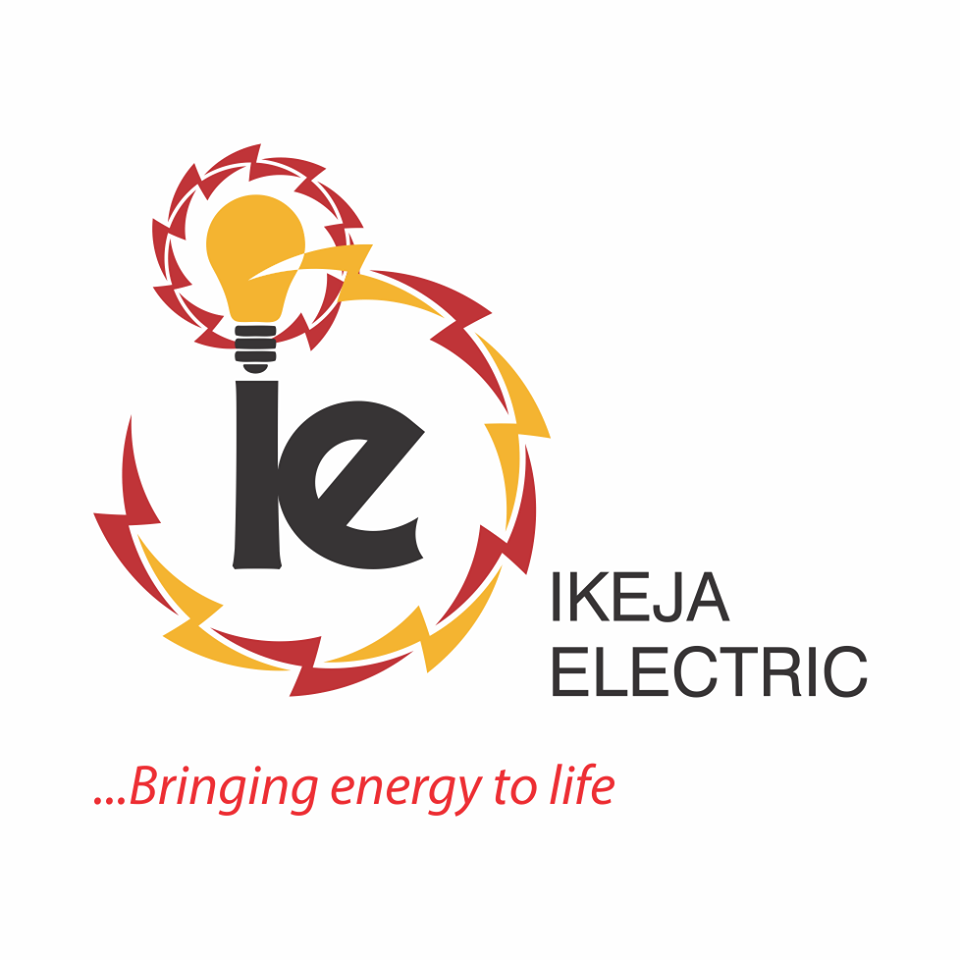The federal government is currently perfecting strategies it would use to incorporate operators of illegal refineries in the Niger Delta to the emerging regime of modular refineries.
Minister of State for Petroleum Resources, Dr. Ibe Kachikwu, who gave the hint in Abuja at the 10th Nigerian Association for Energy Economics/International Association for Energy Economics Conference said “In the past two weeks, we have opened discussions with some of these illegal refiners and government is assiduously working to ensure that this initiative is carefully implemented without polluting the environment”.
The Minister represented by the Executive Secretary of the Petroleum Technology Development Fund, Dr. Bello Gusau, said the Federal Government was working out how to involve illegal refiners in the new modular refinery scheme.
According to him, “This will not only provide legal jobs and sources of income for the populace, but will also contribute to our national policy initiative target.”
Business Hilights gathered that the ministry is currently driven by seven key initiatives which include the introduction of new policies that would drive the growth of the oil and gas sector.
Explaining more, Kachukwu said, “Number two is enabling the business environment and attracting investors. Thirdly, unleashing investment options to support forex. Number four is to improve our domestic capacity for local petroleum products’ production and attaining self-sufficiency by 2018.
“Number five is to sustain engagements with oil-producing communities and attain zero militancy in the Niger Delta region by the end of the year 2017. The sixth is to increase efficiency in the industry and automate business processes to account for every drop of oil that is produced in the country.”
The last key focus area of the ministry was to adopt a sustainable stakeholder management framework that would address the various issues and circumstances in the sector.
The Minister revealed further that “A comprehensive and holistic development is currently being worked out with all stakeholders and government parastatals, including the Ministry of Petroleum Resources, Ministry of Niger Delta, the Niger Delta Development Commission, the Amnesty Office and the various state governments.”









